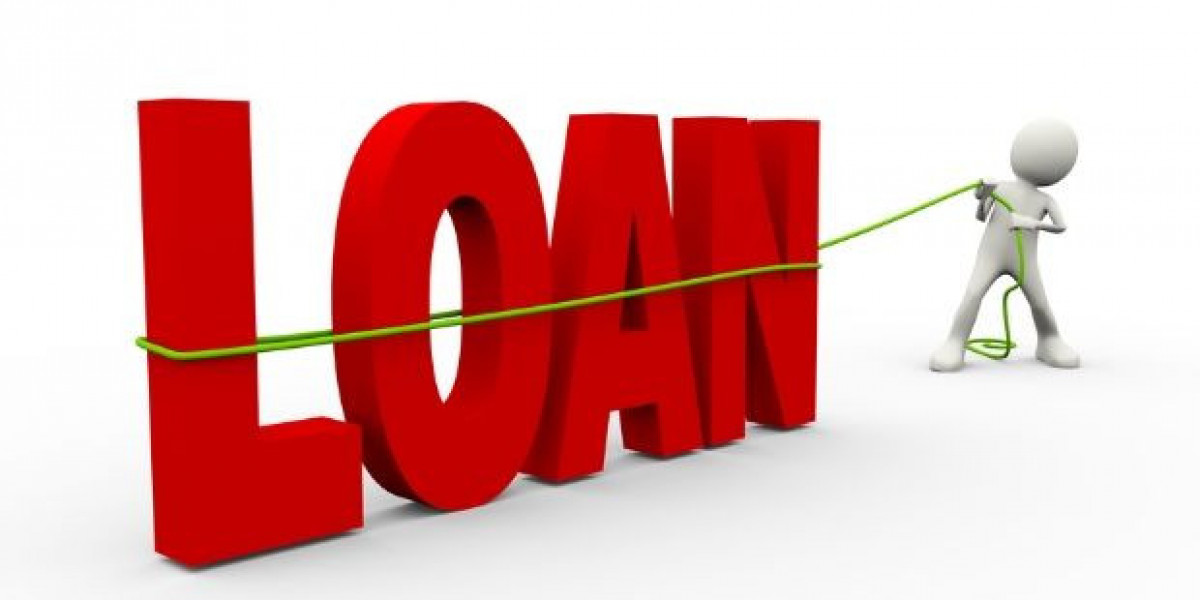Inflation has been an economic concern in recent years, and its impact extends to nearly all areas of the financial landscape. One area that is especially affected by rising inflation is the cost of borrowing, particularly Personal Loans. Understanding how inflation influences Personal Loan interest rates is crucial for consumers looking to borrow and anyone planning to take out a Loan shortly.
What is inflation?
Inflation is the rate at which the value of goods and services increases, deteriorating purchasing power. The RBI typically responds by raising interest rates when inflation increases. When interest rates rise, the cost of borrowing also increases. Lenders typically adjust the interest rates they charge on Loans to reflect these broader economic changes.
As a result, consumers find that Personal Loans, whether for consolidating debt, making a large purchase, or other financial needs, come with higher interest rates during periods of high inflation.
Impact on Personal Loan interest
The base rate establishes Personal Loan interest rates and helps control inflation. When inflation increases, the central bank may decide to hike interest rates to curb the rising cost of living. As interest rates climb, financial institutions pass on the higher costs to borrowers by increasing the rates they charge for Personal Loans.
For example, a person who secured a Loan with a low interest rate a few years ago will find that the same Loan has a higher interest rate. This increase makes monthly repayments expensive, impacting household budgets and increasing the overall cost of the Loan.
Borrowing behaviour changes
Higher Personal Loan interest rates during inflationary periods have a ripple effect on borrowing behaviours. With the rising cost of borrowing, some consumers delay or reconsider taking out Personal Loans. Others might opt for smaller Loans or explore alternative financing options with lower rates from NBFCs.
Inflation can present a challenge for individuals who already have Loans with variable interest rates, as their repayments could rise with each rate hike by the central bank. It can strain finances, especially for those with already tight budgets.
Financial planning impact
When inflation leads to higher interest rates, individuals looking to borrow money for long-term projects, such as home improvements or education, may need to rethink their financial strategies. Sometimes, it is worth postponing a Loan until favourable economic conditions. For people already repaying Loans, it may be worth considering refinancing options or consolidating debt to lock in a lower rate before inflation forces another hike.
However, refinancing comes with risks and costs, and borrowers should ensure it makes sense for their long-term financial goals.
Conclusion
The impact of rising inflation on Personal Loan interest rates is clear: higher inflation leads to higher borrowing costs. It makes it expensive for consumers to apply for Loans and increases financial pressure for those with existing Loans. As inflation rises, consumers must consider their financial options, compare interest rates, and understand the long-term implications of borrowing in such an economic climate.









